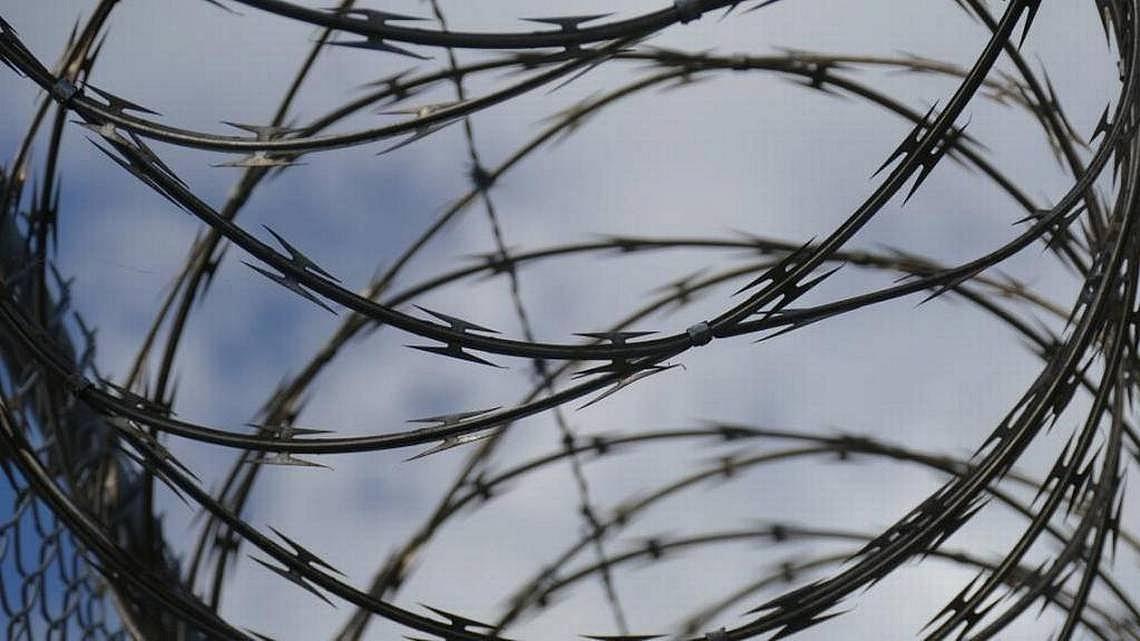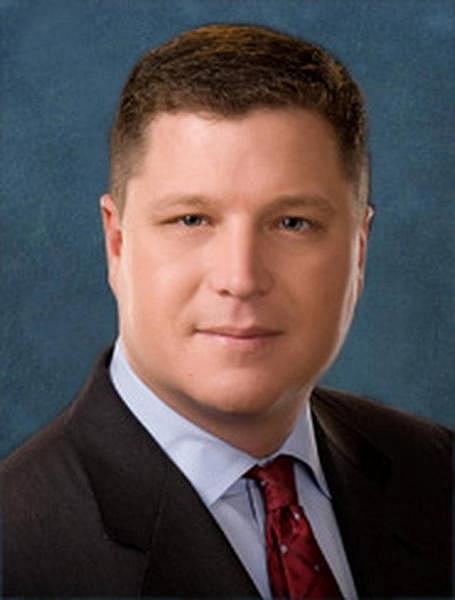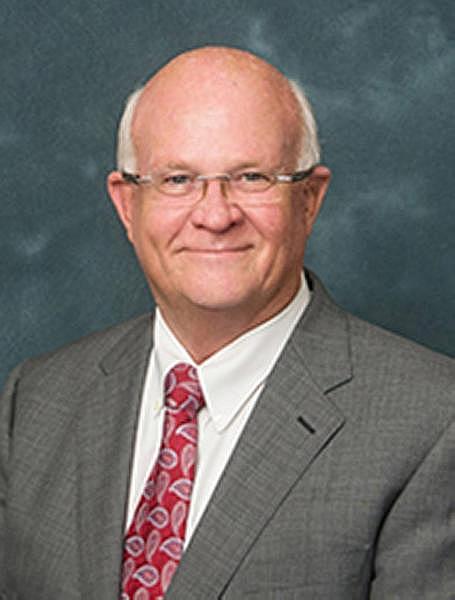Juvenile justice chief defends agency, calling abuses ‘isolated events’
This article and others in this series were produced as part of a project for the University of Southern California Center for Health Journalism’s National Fellowship, in conjunction with the USC Annenberg School for Communication and Journalism.
Other stories in the series include:
Powerful lawmaker calls for juvenile justice review in wake of Herald series
An officer used a broom to beat juveniles into submission. They called it ‘Broomie.’
Criminal record? Horrible work history? Florida juvenile justice would still hire you
At this juvenile justice program, staffers set up fights — and then bet on them
Dark secrets of Florida juvenile justice: ‘honey-bun hits,’ illicit sex, cover-ups
FIGHTCLUB: A Miami Herald investigation into Florida’s juvenile justice system

Razor wire surrounding the Palm Beach Youth Academy in West Palm Beach. Emily Michot
By Mary Ellen Klas and Carol Marbin Miller
TALLAHASSEE — Department of Juvenile Justice Secretary Christina K. Daly came out swinging against the Miami Herald Monday, saying the Fight Club investigation that uncovered the use of excessive force and other misconduct by agency staff involved “isolated events” that “will not overshadow” the accomplishments she and others have made.
“I’m not here to deny, defend or diminish any of the tragic incidents that have been highlighted, but I am here to give you the whole story,” Daly told the Senate Criminal Justice Committee before she presented a 25-minute slide show outlining reforms she said the agency has worked on for the past decade when Daly was chief of staff and then deputy secretary, before being named secretary by Gov. Rick Scott.
“I will not let a newspaper series overshadow the accomplishments we’ve made,” she said. “I cannot, and will not, let an article overshadow the thousands of dedicated staff who come to work every single day with a positive attitude, knowing they will change the lives of the children we serve.”
Dark secrets of Florida's juvenile justice system : A Miami Herald investigation
A look at the "fight club" culture inside Florida's juvenile justice system, where staffers sometimes employ harsh takedowns, ignore abuse and offer snacks as bribes for beatdowns — known as "honey-bunning." -Emily Michot and Matias Ocner
Daly said the reforms have contributed to Florida having the lowest juvenile arrest record in 40 years and the lowest frequency of youth offenders returning to prison in recent history. The agency’s screening, assessment, and diversion programs are considered a model for the nation, she said.
DJJ is “the most transparent it has ever been,” she said, and it’s focused on reforms that put the most resources into the most difficult cases. She showed slides of children’s rooms with colorful bedspreads that replaced drab institutional rooms, and offender uniforms of khakis and polo shirts that replaced orange jumpsuits.
Daly acknowledged there had been “tragic, inexcusable and unacceptable events” during the past decade. She portrayed them as isolated incidents, noting that the Herald had reviewed thousands of agency investigations and told the stories of only 60 or 70 events.
The Herald’s method, she said, was to “pick and choose what they would use in order to paint [DJJ] with systemic abuse.”
In its six-part series, the Herald detailed the widespread use of unnecessary and excessive force; officers and youth workers who outsource discipline by designating enforcers; sexual misconduct by staff, some of which goes unreported; and the propensity of employees to neglect the medical needs of teens, sometimes calling them fakers.
Daly repeated her comments that “nothing that was reported by the Miami Herald was a surprise to us or was unknown to us” and that the agency has addressed the incidents “as they have happened.”
True culture change 'takes time'
DJJ Secretary Christina K. Daly talks about weeding out staffers who are not on board with the department's reform efforts. -Emily Michot
Responding to Daly’s criticism, Herald Executive Editor Aminda Marqués Gonzalez said: “This was a thorough and lengthy investigation, and we stand by our findings. We have dozens of cases, including video footage, that show this is a troubling, systemic problem.”
For the first time, Daly told the Senate committee that the agency is dealing with a 60 percent turnover in “entry level, detention officer 1 positions, which make up the majority of the detention director staff.” She said that 70 percent of the youths in state custody are supervised by people with less than one year of experience.
One of the root causes of the misconduct, the Herald found, is the low pay of detention officers. The starting salary for a recruit hired by the state is $12.25 an hour, or $25,479 a year. Private contractors who oversee programs where detained teens serve their sentences often pay less than that. TrueCore Behavioral Solutions, the largest provider, offers new hires $19,760 a year.
Miami politicians visit Miami-Dade's juvenile detention center
Miami Democratic Reps. Kionne McGhee and David Richardson speak to the media after inspecting the Miami Dade Regional Juvenile Detention Center. -Charles Trainor Jr
“We cannot provide the level of safety and security we need with this high turnover,” Daly told the senators.
The eight-member committee, which includes three Democrats and five Republicans, listened as Daly made her case. Nonetheless, multiple members said they will advance legislation to make changes.
Sen. Jeff Brandes, R-St. Petersburg, who has criticized the “systemic problem” of inadequate salaries at both the Department of Corrections and the Department of Juvenile Justice, asked Daly: “When was the last time you came before the Appropriations Committee and asked for a pay raise for your tier one officers?”
“This is the first time,” Daly replied. Scott’s 2018-19 budget recommendation includes a proposal for a pay increase for DJJ workers.
Sen. Jeff Brandes Florida Senate website
The questions from other senators mostly fell into partisan camps. Sen. Ron Bradley, an Orange Park Republican, asked a series of friendly questions, such as: “Isn’t your agency one of the largest juvenile justice departments in the country or world?”
Sen. Dennis Baxley, R-Ocala, thanked Daly and the people at the agency “for taking on something that is quite frankly the brokenness of our society.”
Sen. Jeff Clemens, a Lake Worth Democrat, grilled Daly on her agency’s role in overseeing the private providers that run residential programs for delinquents.
He noted that some of the programs highlighted in the Herald series had been given satisfactory reviews by the department’s quality assurance division in inspection reports that are available to the public online — even though recent investigations had substantiated sometimes serious abuse.
Sen. Dennis Baxley Florida Senate website
In one case, for example, the series noted that a youth was injured so badly during a restraint at the Okaloosa Youth Academy in December 2014 that he lost his right kidney. DJJ’s Bureau of Monitoring and Quality Improvement gave the facility satisfactory ratings for “safety and security” in every category except frisk-and-strip-searches in 2015, apparently overlooking the incident, Clemens said.
In another instance, the Martin Girls Academy also received satisfactory marks this year, even though, as the Herald reported, staffers there were using physical force on detainees at a rate of more than seven times the state average.
“Why are those private providers, who are making a heck of a lot of money from this state, getting satisfactory reviews when these events are occurring,’’ he asked. “How are we supposed to get a sense of which programs are doing a good job, and which are not?”
Daly replied that her agency “does not condone any abuse to children in the system,” adding that DJJ “responds and reacts appropriately” to all allegations of misconduct. She suggested that there was a small handful of “bad people” working with youths in state custody, and DJJ worked rigorously to weed them out.
Clemens urged the committee to focus on increasing accountability of the private providers by drafting legislation.
“Despite the fact that Secretary Daly admitted that these things happened, they knew they happened, and they had taken measures to correct them, I still think it’s our responsibility to make sure that when kids come under the care of the state they are not being taken in a closet and beaten,’’ he said.
Sen. Randolph Bracy, a Democrat from Orlando who chairs the committee, responded that he will sponsor legislation to “provide more oversight” of the hiring practices of the private providers designated by DJJ to run the residential programs, and encouraged the committee to provide ideas.
“It was just a lax process that allowed for some of this to happen,” he said. “I like where the department is going but I think that we have to do more to enforce what is happening in DJJ.”

